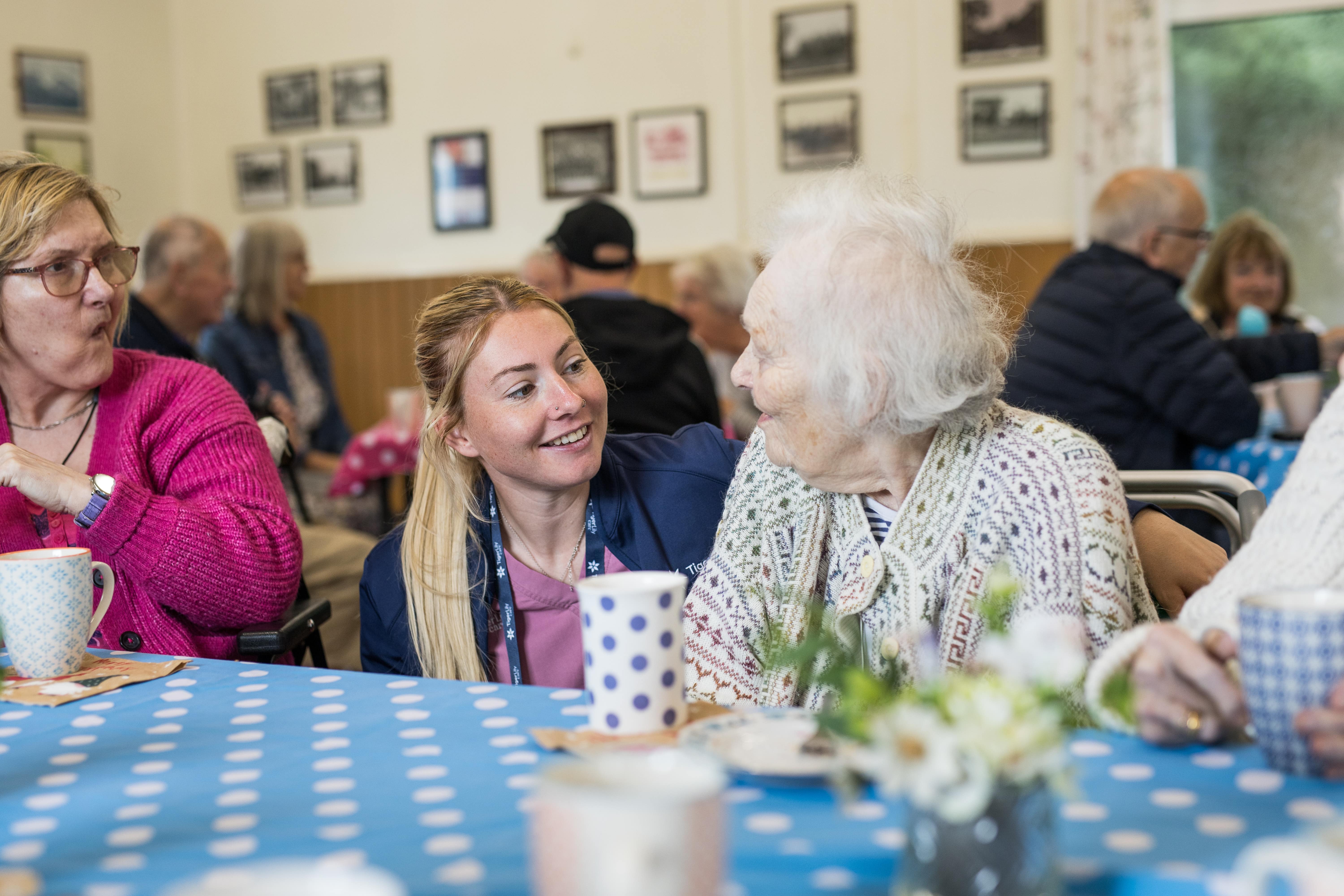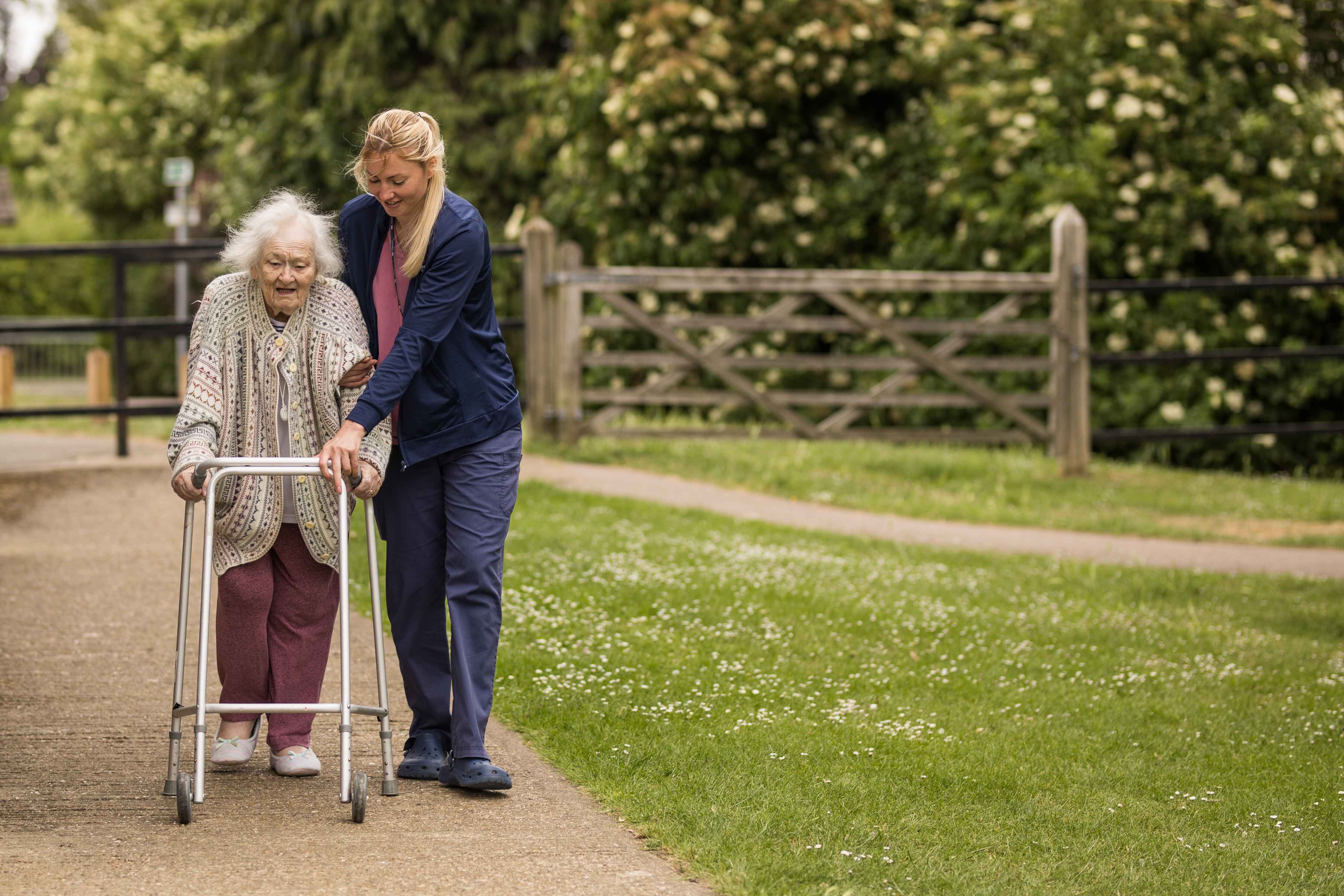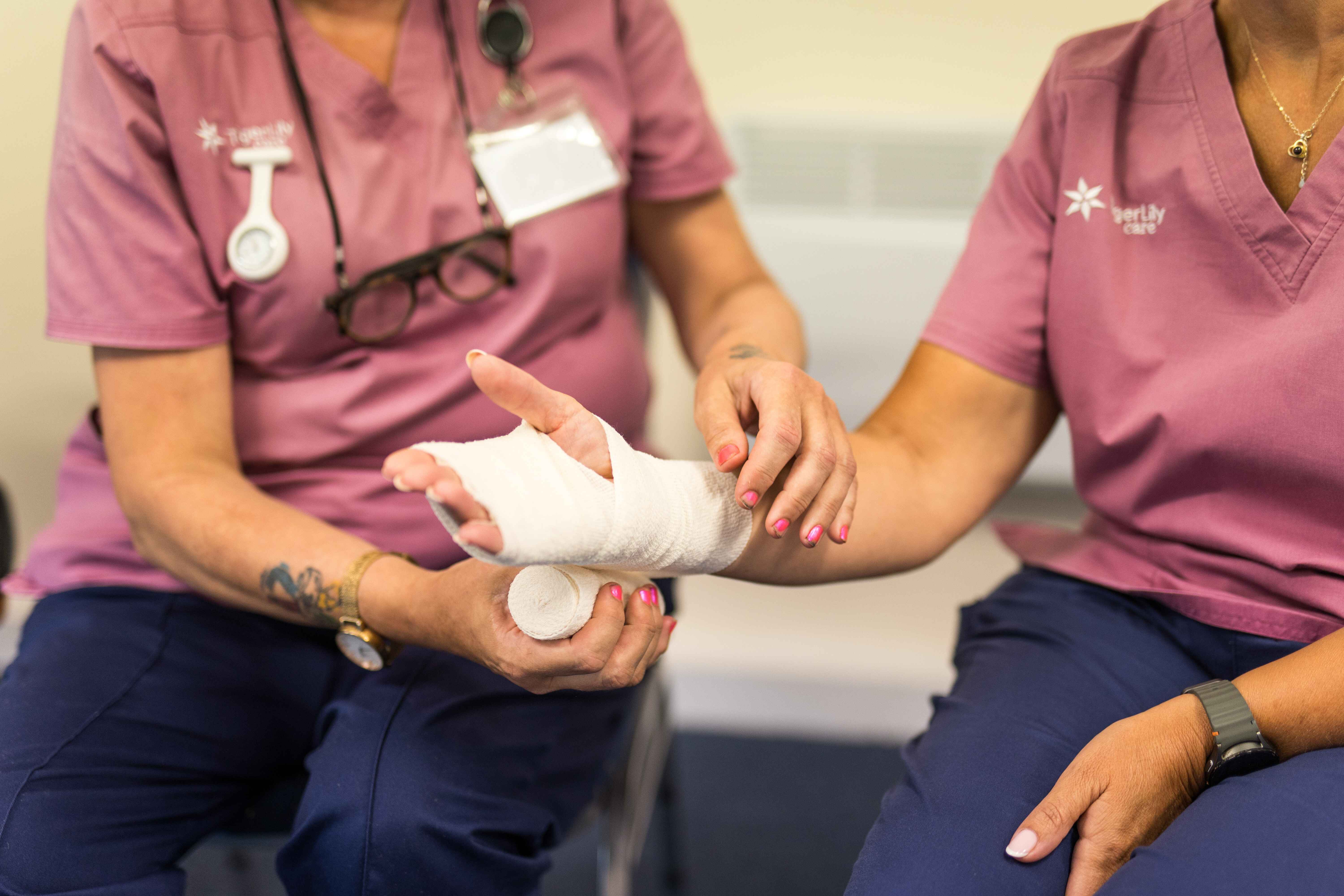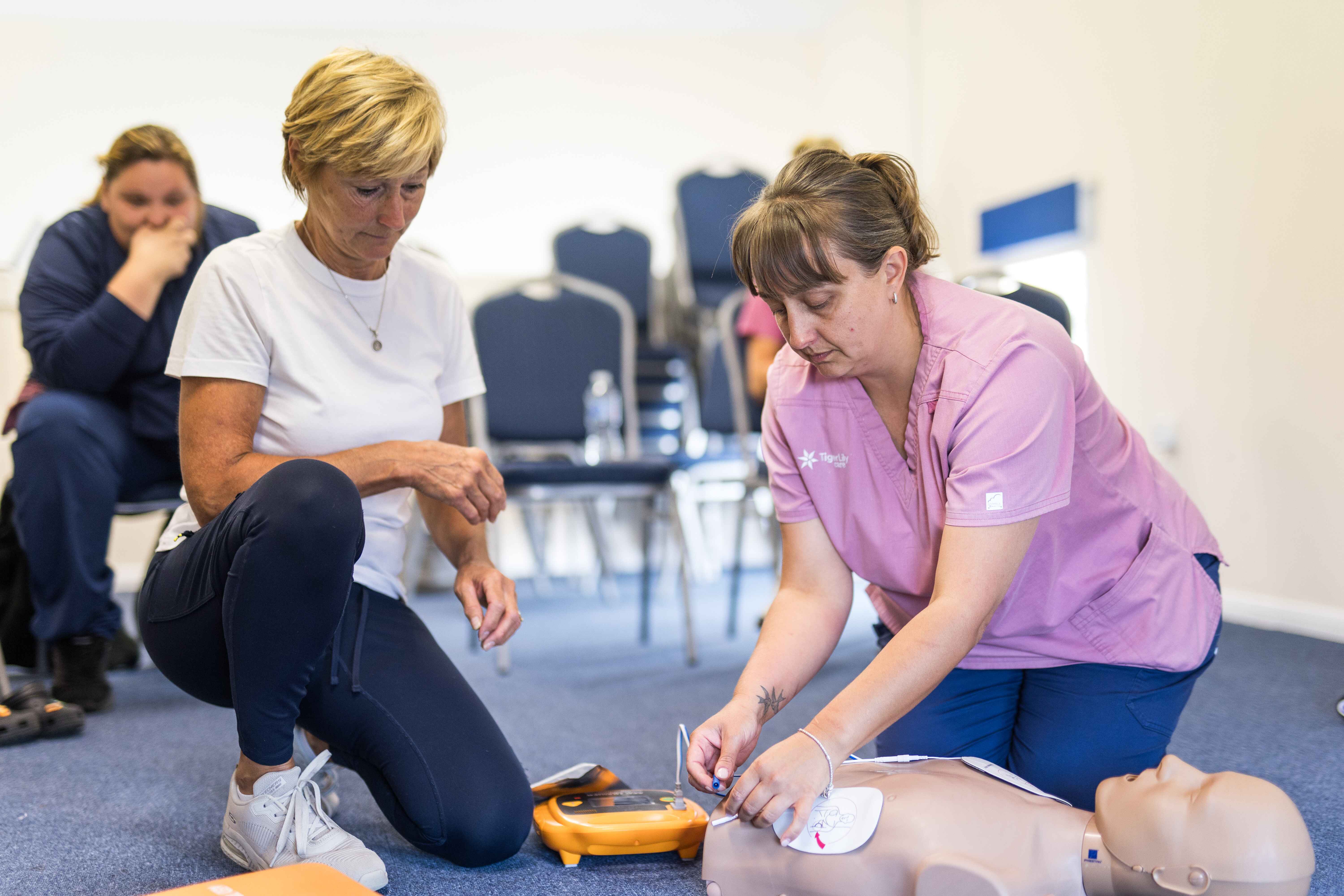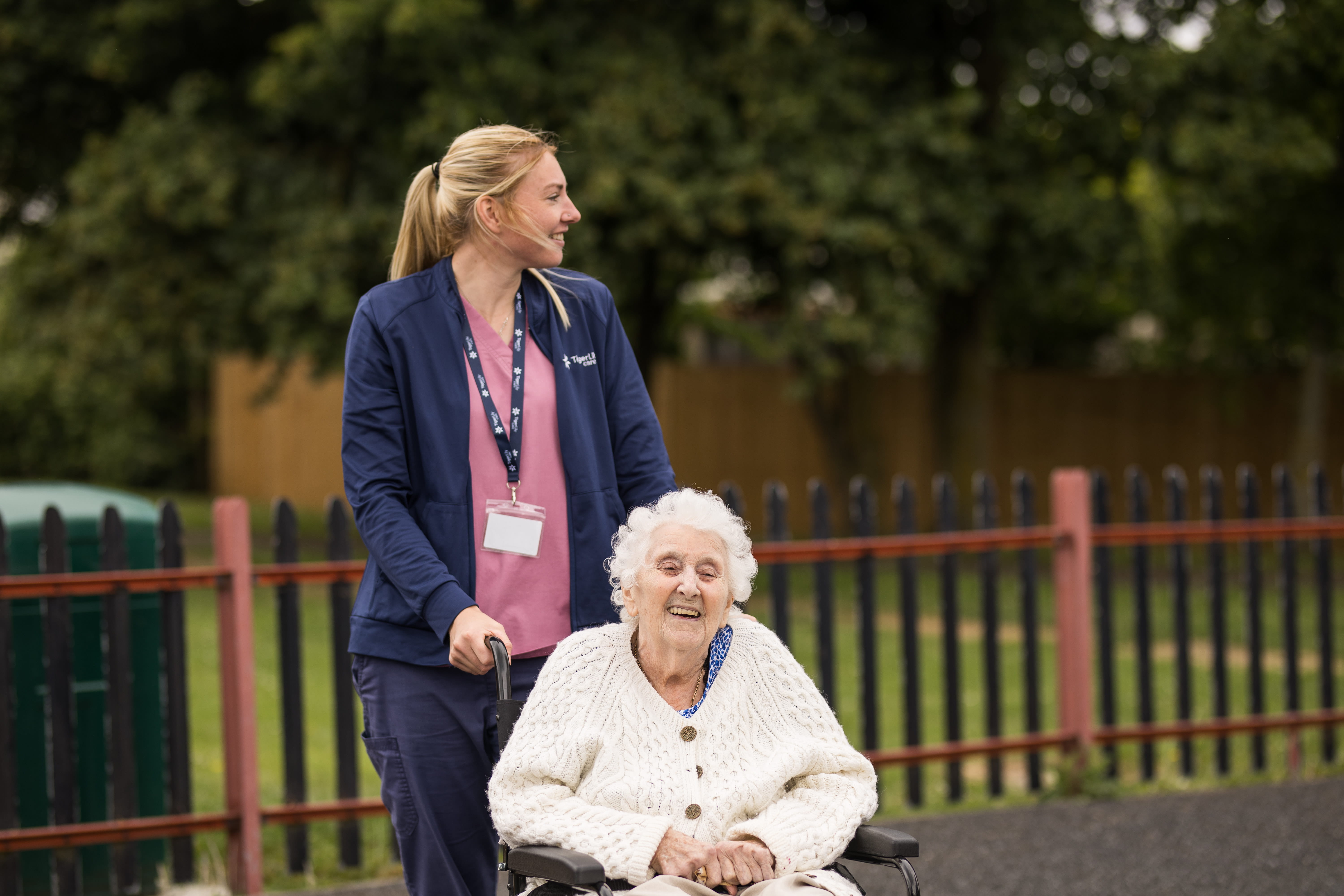Staying hydrated might sound simple, but it becomes significantly more challenging (and important) as we age. Many older adults unknowingly live in a mild state of dehydration, which can contribute to fatigue, confusion, and even serious health complications.
In this guide, we explore why hydration is critical in later life, what the signs of dehydration are, and how families and caregivers can support older loved ones to drink more fluids each day.
Why Older Adults Are More Prone to Dehydration
As we age, our bodies change. Several physiological and lifestyle factors make older adults more susceptible to dehydration. Significant age-related changes include:
- Reduced thirst: Studies have shown that as we get older, our body’s ability to detect thirst diminishes.
- Decline in kidney function: Advanced age is also commonly associated with impaired kidney function. This makes it harder for the body to conserve fluids and cope with dehydration.
- Medication side effects: As we get older, the chance of developing multiple medical conditions requiring medication treatment increases. Diuretics, laxatives, and certain blood pressure medications can increase fluid loss.
- Mobility and cognitive difficulties: Limitations in physical abilities can hinder an individual’s ability to access drinks independently. People with conditions that affect their memory or thinking function (such as dementia) may also struggle to maintain an adequate fluid intake.
- Fear of incontinence: Some individuals limit fluid intake to avoid frequent trips to the toilet. This is especially true for individuals reliant on the care of others to use bathroom facilities.
The Health Impacts of Dehydration in Older Adults
Even mild dehydration can cause significant health issues. It’s often mistaken for other conditions due to overlapping symptoms. Correcting dehydration may be as simple as taking a glass of water. However, individuals with more severe symptoms will need to be seen by a healthcare professional.
Physical Effects
Key physical symptoms of dehydration include:
- Fatigue and weakness
- Headaches
- Dizziness
- Dry mouth
- Reduced skin elasticity
- Constipation
- Dark, smelly urine
Being dehydrated also puts an individual at greater risk of developing a urinary tract infection (UTI), kidney stones, or kidney damage. Symptoms commonly include pain on urination, flank pain, or blood in the urine.
Cognitive and Emotional Impacts
Severely dehydrated people may also experience:
- Confusion
- Disorientation
- Poor concentration
- Iritability
- Low mood
Dehydration can put older adults at risk of something called delirium. This is a sudden and profound change in a person’s mental state (including difficulties with their ability to process information, communicate, and retain information).
If your loved one is experiencing any of these cognitive changes, you must seek urgent medical advice.
Increased Risk of Falls and Hospitalisation
Dehydration can lower blood pressure and affect balance, making falls more likely. As such, falls should be considered one of the most critical complications of dehydration to be aware of, often leading to prolonged hospital stays, an increased risk of hospital-acquired infections, and a reduction in future mobility and independence.
Older adults admitted to the hospital for dehydration often have longer recovery times and higher risks of complications.
How much should older adults drink?
The amount of fluid that an adult needs each day varies depending on the individual. Health status, medications, and physical activity levels can all impact the amount needed to avoid becoming dehydrated. In general, adults should aim to consume 6 to 8 glasses (1.5 - 2 litres) of fluids each day.
Although plenty of water is a great way to avoid dehydration, your fluid intake can come from a wide variety of sources, including:
- Hot drinks (ideally non-caffeinated, as caffeine can speed up the production of urine).
- Juices or squashes (be aware of the high sugar content of juices).
- Dairy or oat milk
- Soups and broths (be aware of salt content).
- Water-rich vegetables and fruits (e.g., watermelon, cucumber, and oranges).
Not every older adult will require the same amount of fluid each day. Once potential barriers to regular hydration are addressed, most people are able to manage their own fluid intake independently and effectively. For more information about what fluid balance is right for your loved one, seek advice from your GP.
Overcoming Barriers to Hydration
Now we know how to spot and correct dehydration, it’s worth spending some time looking at ways we can overcome barriers to hydration. In the first instance, discuss your concerns with your loved one and try to create a joint plan for addressing any ongoing dehydration.
Lack of Thirst or Forgetfulness
- Offer fluids regularly, not just when thirsty.
- Link hydration to other activities (e.g., taking medications).
- Use reminders, apps, or visual prompts.
- Incorporate fluids into mealtimes.
Fear of Incontinence
- Encourage fluid intake during the day rather than late evening.
- Support with continence aids or easy bathroom access.
- Reassure the individual that hydration supports bladder health.
- Seek advice and support from your GP (they may be able to offer physiotherapy or medication treatments).
Taste Preferences
- Offer a variety of appealing drinks. This may include flavoured waters, herbal teas, diluted juices, or low-sugar beverages.
- Serve fluids in favourite cups or colourful glasses.
- Try warm drinks for comfort, or add ice cubes in warmer weather.
Creative Ways to Keep Older Adults Hydrated
Hydration doesn’t have to be boring. Small changes can increase interest in drinking:
- Provide hydrating snacks like jelly, yoghurt, or fruit bowls.
- Make smoothies with milk or water-rich fruits.
- Use fun or themed drinkware (e.g., favourite mug or straw cup).
- Set up hydration stations with easily accessible drinks throughout the home.
- Include drink breaks during daily routines or social activities.
- Visual cues such as filled water jugs or pre-poured glasses placed in frequently used areas can serve as helpful prompts.
Always remember that good hydration is a collaborative process. Human psychology means that we are far more likely to want a drink if someone is having one with us. Use this as a great excuse to ensure that your own hydration is maintained!
When to Seek Medical Advice
Dehydration can easily become dangerous if not dealt with promptly. Seek urgent medical help if you notice:
- Persistent vomiting or diarrhoea.
- Constipation lasting several days or causing pain.
- Sudden confusion or changes to normal communication.
- Fainting (often due to a rapid drop in blood pressure.
- Extremely dark or absent urination.
- Skin that remains ‘tented’ when pinched.
- Pain or blood on urination or in the flanks.
Even in the absence of these symptoms, long-term dehydration needs to be reviewed by a medical professional. Your GP can review medications, suggest hydration strategies, or advise on any underlying conditions that may be impacting your loved one’s ability to stay hydrated.
If regular hydration continues to be a problem, you may want to discuss the role of a home care provider with your loved one. A professional carer can offer hands-on support and advice to help prevent dehydration.
Conclusion and Takeaways
Hydration is a simple but effective way of optimising our health as we age. Supporting older adults to maintain fluid intake can improve energy, mental clarity, and overall well-being, while reducing the risk of serious complications.
Remember, water isn't the only answer. With creativity, encouragement, and routine, staying hydrated can become a regular and enjoyable part of each day.
Next Step: Try offering drinks at regular intervals today (with meals, after medication, and during rest periods) to begin building a healthy hydration habit.


